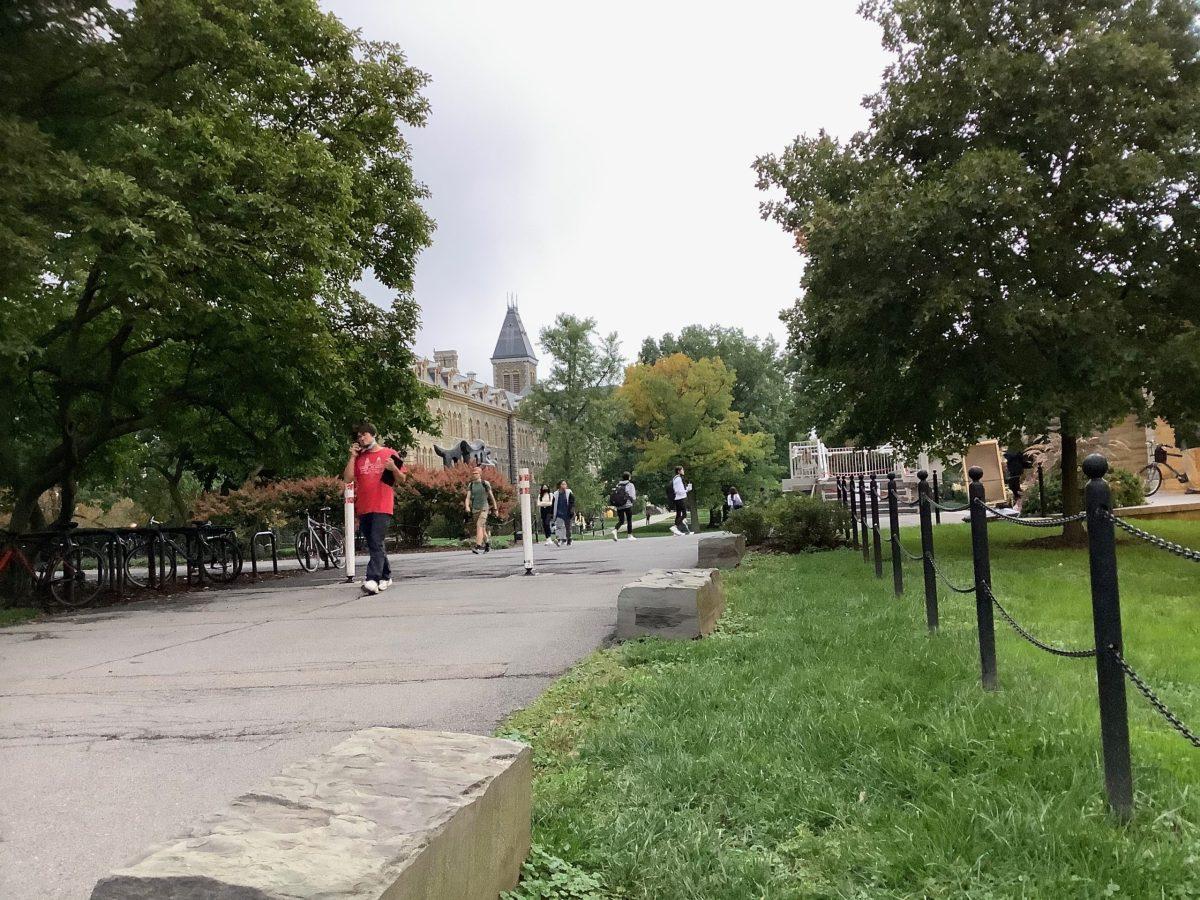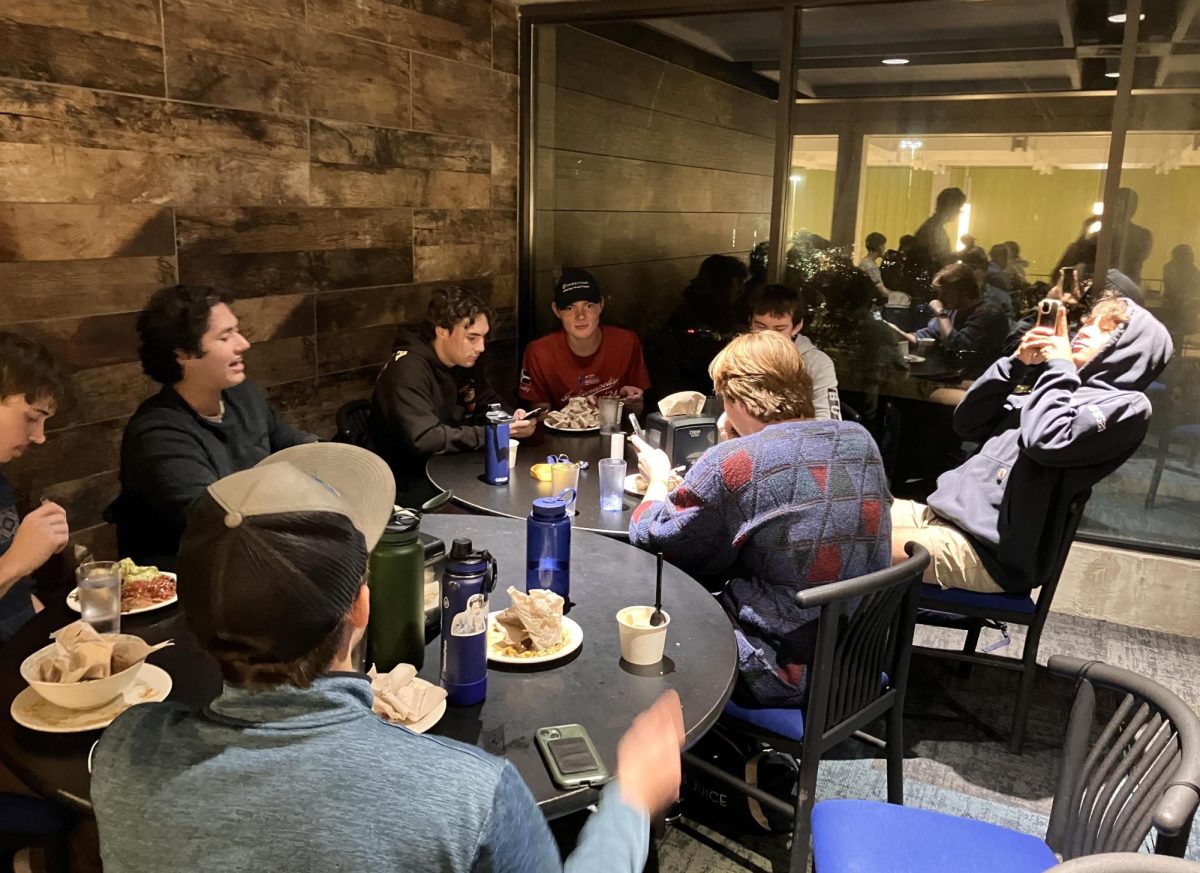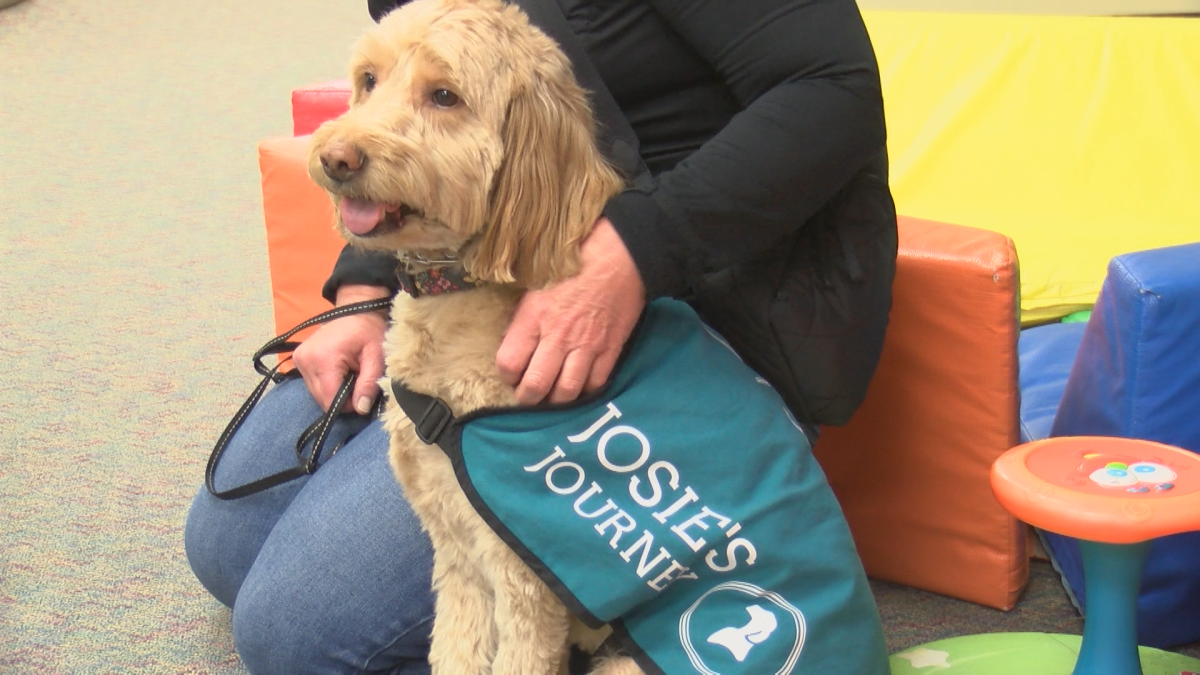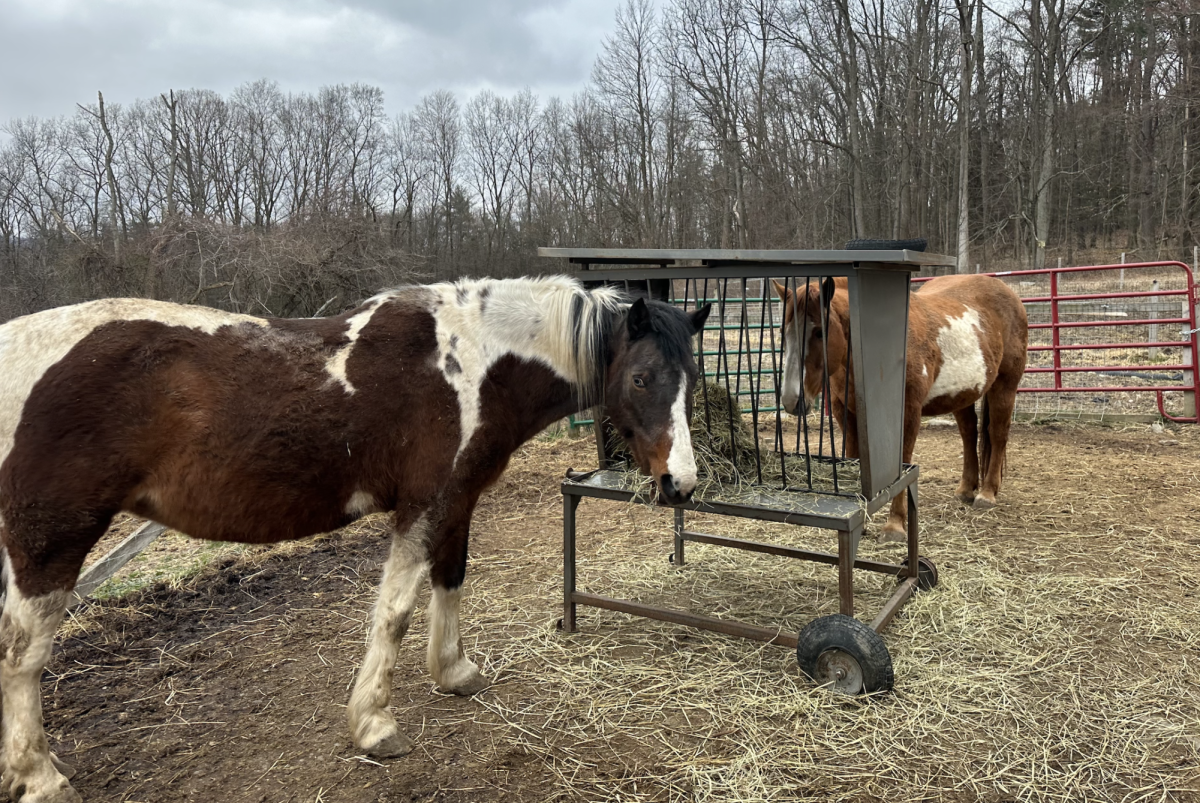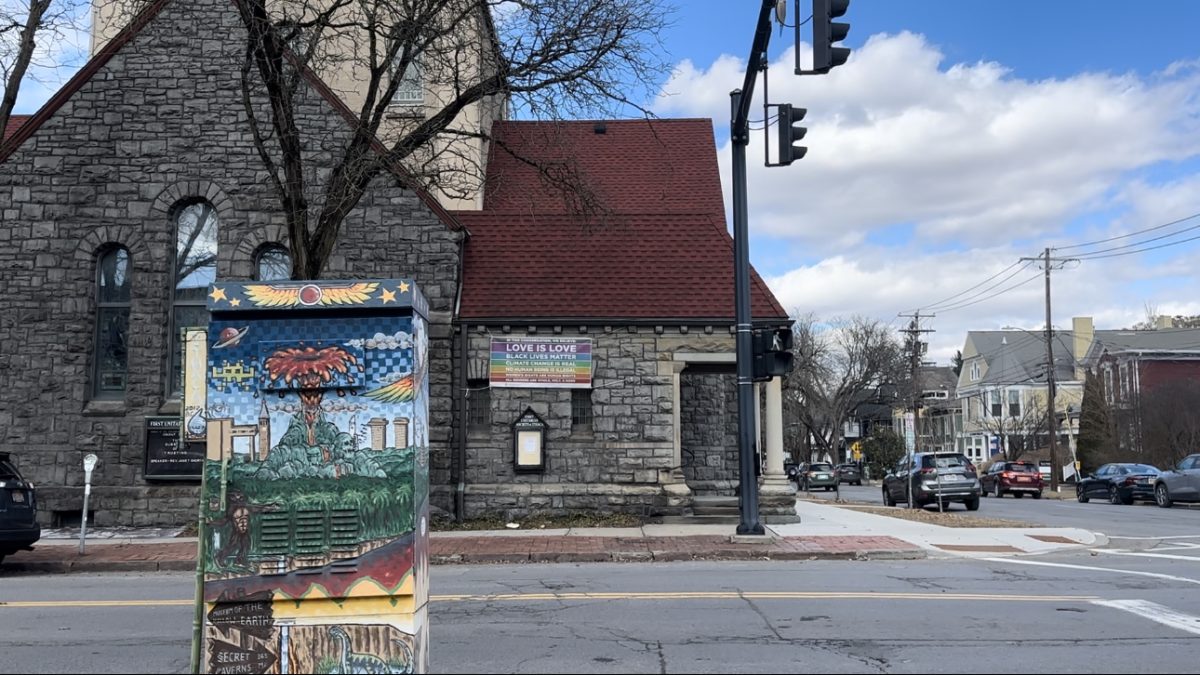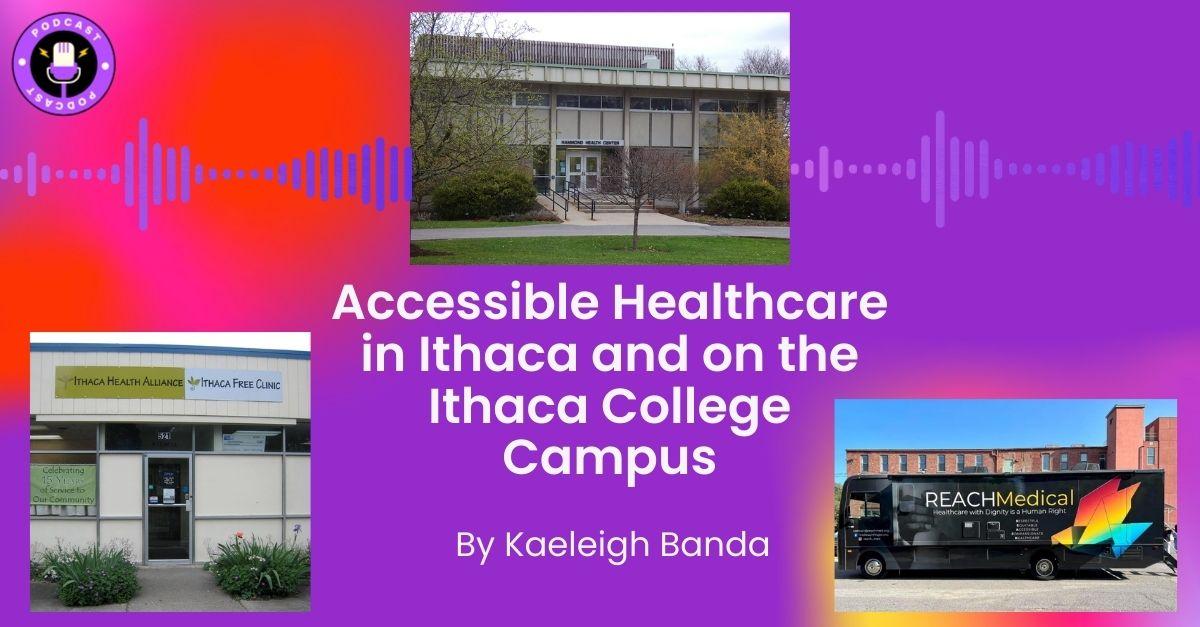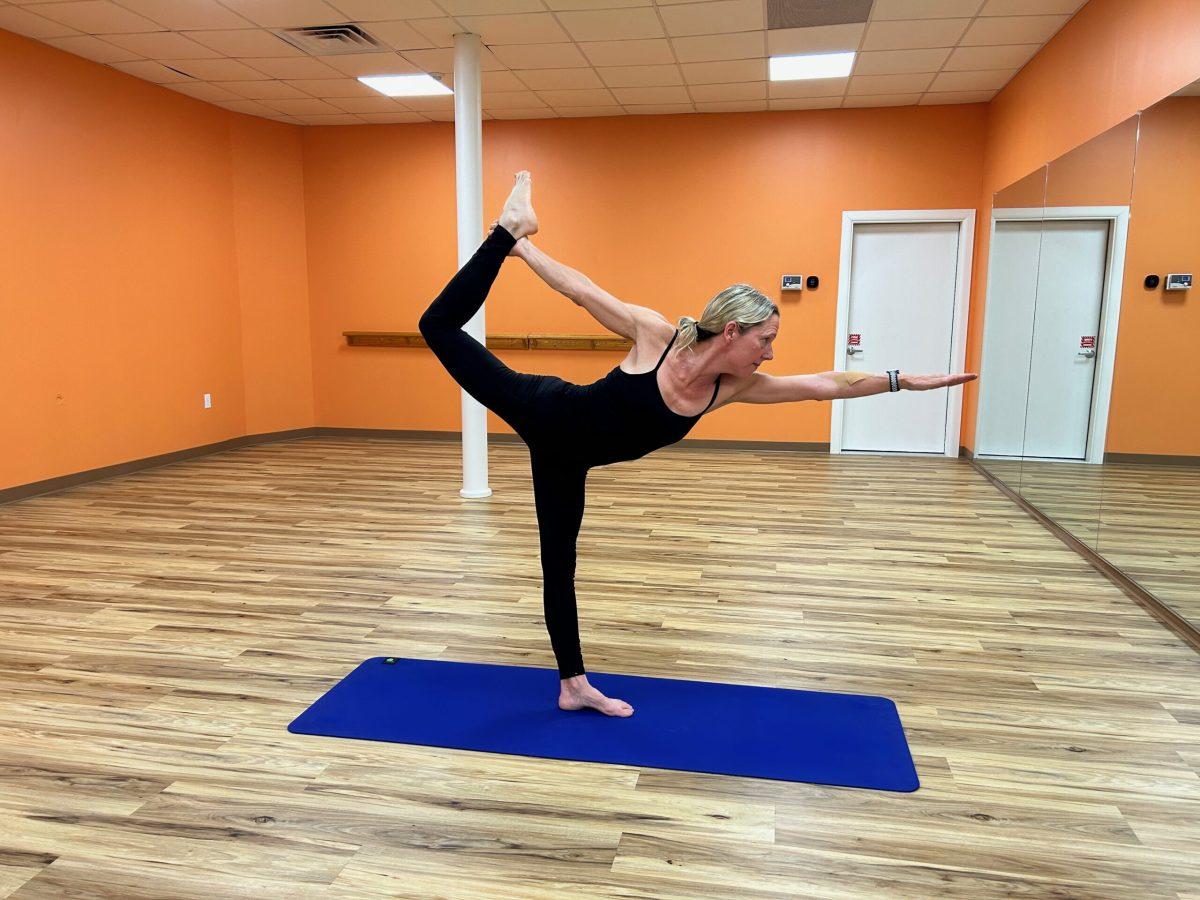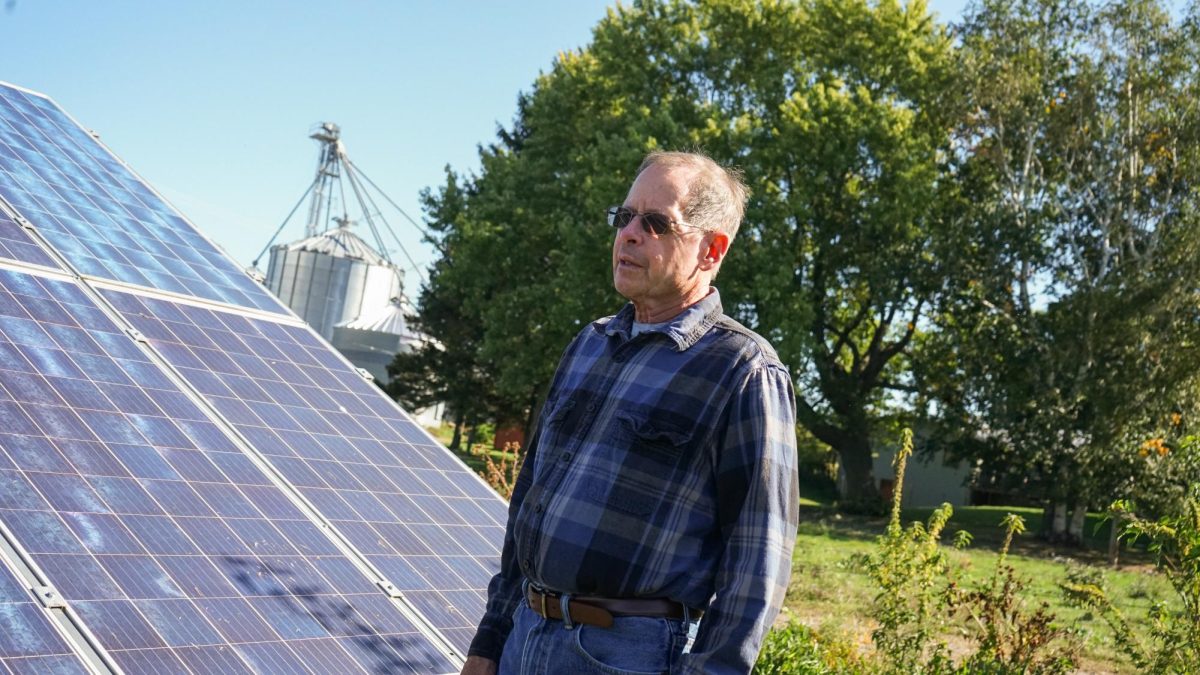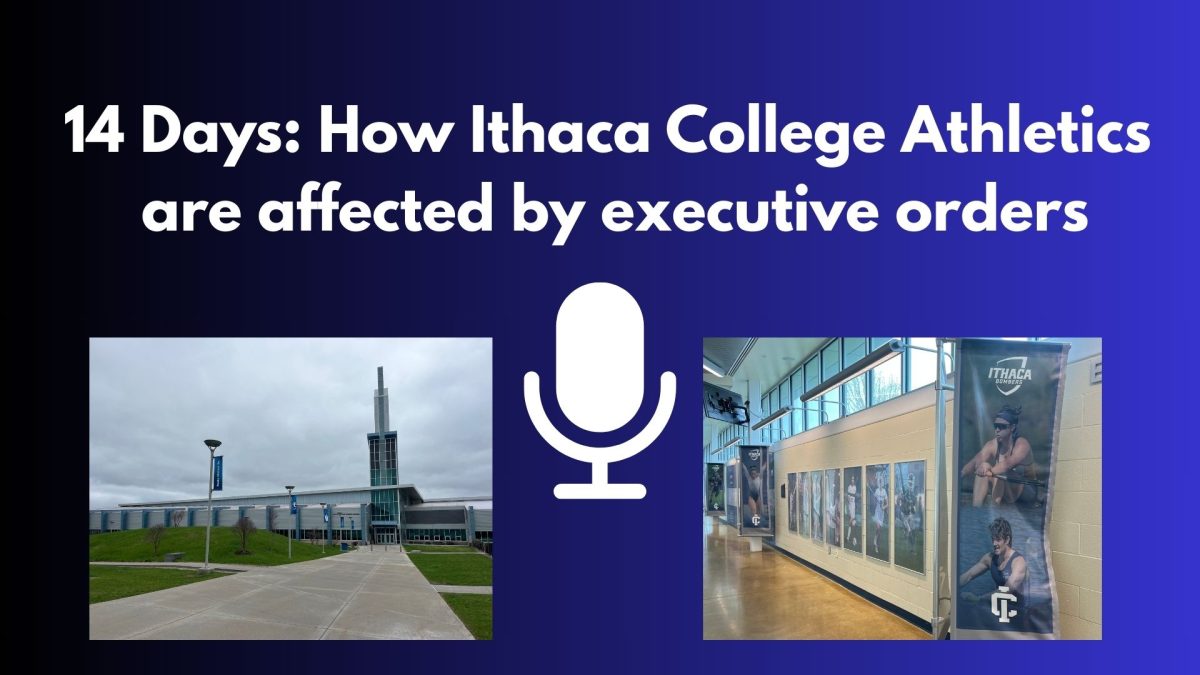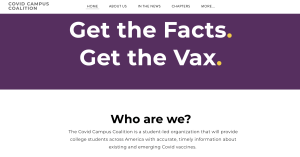
Colorful infographics⸺educational videos⸺factual content⸺these are just a few of the characteristics used to define a campaign founded by a local university student.
The Story behind the Social Media Campaign
The Covid Campus Coalition is a student-led organization that works to provide accurate, timely information about Covid vaccines to college students across the US. Through two social media platforms, Instagram and TikTok, the coalition combats misinformation about Covid vaccines by posting weekly digestible summaries based on reliable scientific data.
Jordan Tralins, a student at Cornell with a passion for biology and health, launched Campus coalition in December 2020 after becoming frustrated with the lack of factual information on her social media platforms.
“I was seeing much of the opposite, lots of conspiracy theories, misinformation and situations taken out of context,” said Tralins. “That realization really got me thinking that most young people don’t typically spend their free time sifting through scientific literature, to determine how they feel about Covid vaccines or scientific matters in general.”
Misinformation About COVID-19 Vaccines
Individuals in the digital era have become more reliant on a variety of online health information sources.
“Three-quarters or more of Americans who regularly turn to Snapchat (79%), TikTok (77%) and Instagram (75%) for news say social media is an important way of keeping up with COVID-19 vaccine news,” according to Pew Research Center.
Olivia Pawlowski, a Cornell senior and graphic designer for the Coalition, stressed the need of citing evidence when publishing COVID-19-related information on social media services.

“A big thing for us was having our sources cited, making sure, obviously, that all the information came directly from a reputable source,” said Pawlowski. “I think with vaccine things and issues that have the power to influence people, it’s especially important that the information that’s being shared is accurate.”
Extending the Reach
The coalition also recruits student ambassadors from colleges across the US to create content that is relevant to the populations on their campuses. There are currently over 40 partner universities, including: University of Notre Dame, University of Florida, College of William and Mary, Duke and Brown University.
Tralins was inspired to expand the coalition beyond her campus community upon seeing the positive reactions to her posts on Instagram and TikTok.
“It really got me thinking that there must be other students across the country, who also want to disseminate factual information, so I created a LinkedIn posting—advertising the position—and it really took off pretty rapidly,” she said. “I was so excited and inspired to see how many other young individuals there were out there across the country.”
Tralins was not the only one who was excited about the possibility of recruiting student ambassadors from other colleges.
“When I started, I wasn’t really sure how far it was going to go or really what was going to come from it, but as soon as we started adding more schools and saw how eager people were to join,” said Pawlowski. “I think that’s when I noticed that we were actually having an impact and doing something that people wanted to be involved with.”
The Ups and Downs
Despite the Coalition’s success, Tralins highlights some of the challenges she experienced in the early phases of creating content that would be published and accessible to the public.
“It was pretty disheartening and upsetting to see some of the feedback that I would get on those TikTok videos and so many of those comments were completely not related to the vaccines themselves; they weren’t related to the content,” she said.

These comments prompted her to “take a step back” from TikTok. She has subsequently returned to the platform with a fresh perspective.
“Instead of getting bogged down by the negative comments, I took it upon myself to actually go and respond to each comment and provide them with the source, provide them with the actual science… and I found that to be much more impactful,” Tralins added.
What the Future Looks Like
Tralins also discussed potential future steps for the Coalition, including more meetings with public health officials and grass-root organizations, as well as in-person events.
“I think even beyond the pandemic and beyond COVID vaccines in general, this is a group that we can use to help keep amplifying public health related information that’s relevant to young people that might not be reaching them at this time,” she said.

